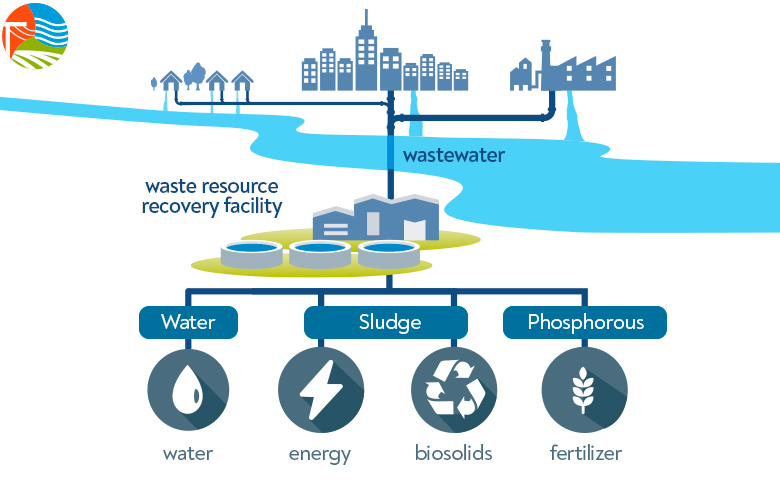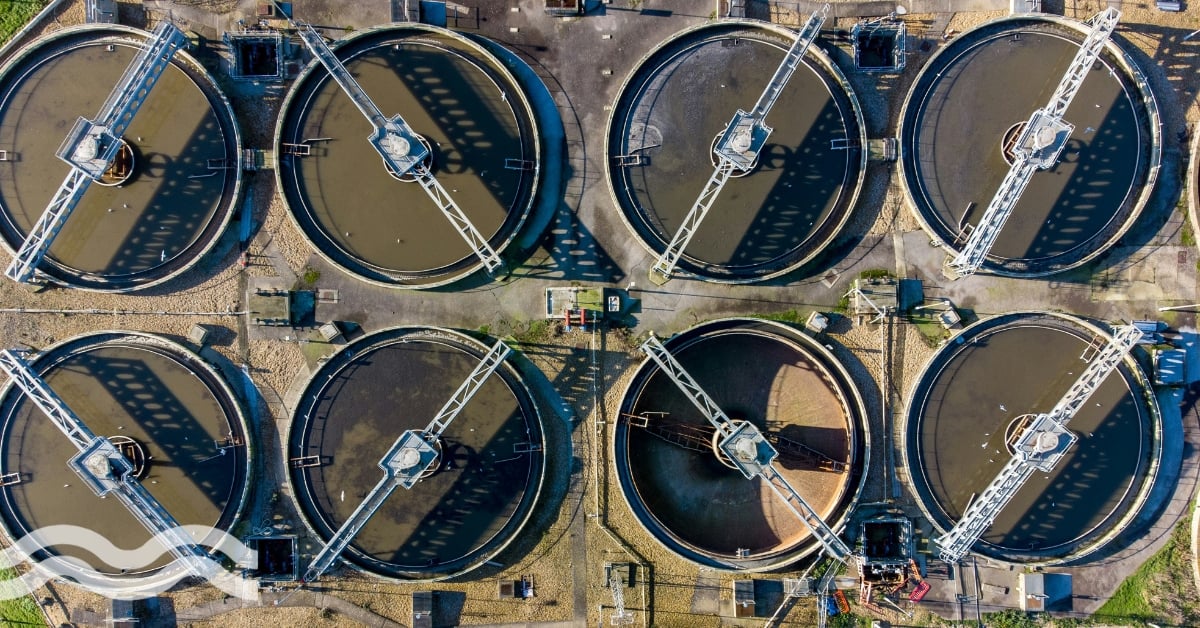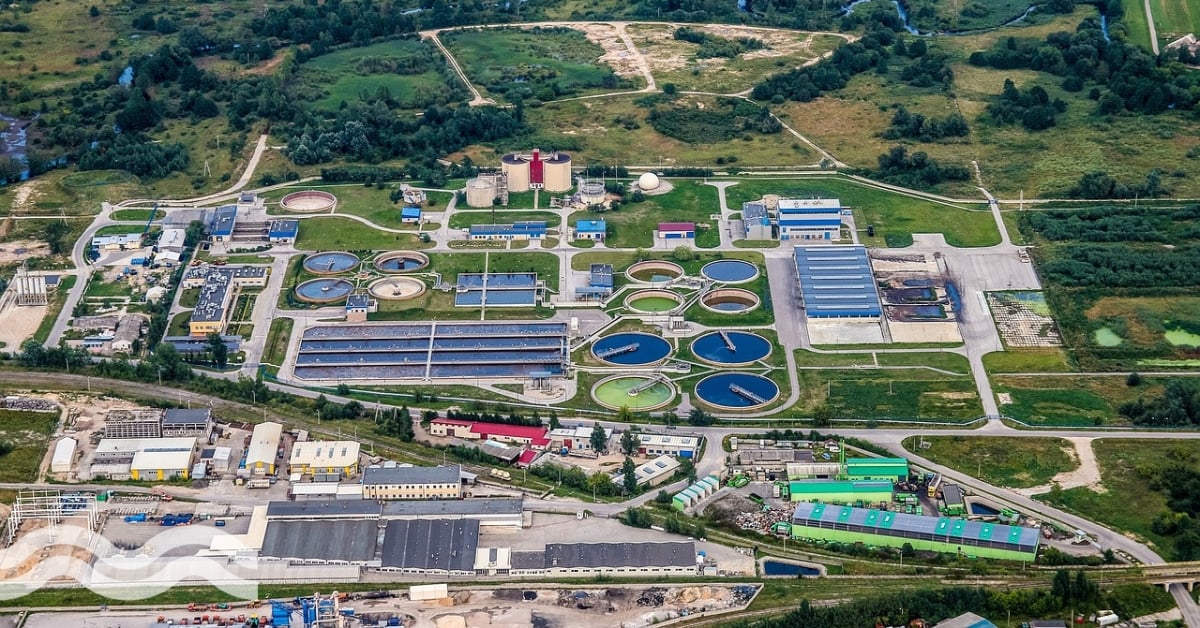50% global wastewater treatment still not enough
A new study has found that we now treat 50 per cent of our wastewater globally, but what has caused this sudden rise since our last estimate?
A big leap
In total, 50 per cent of wastewater is treated globally, instead of the previous estimate of 20 per cent, according to a new study.
Scientists behind the study at the Utrecht University and the United Nations University found that "globally, about 359 billion cubic metres of wastewater is produced each year" and of that "48 per cent of that water is currently released untreated".
The key narrative of the study is stressing that the reason we are only treating around 50 per cent of our wastewater worldwide, is that developing countries are lagging behind.
While 50 per cent is certainly better than the previous estimate, it raises the question of why the sudden increase from the previous estimates?
The paper cites 'the lack of financial resources to build infrastructure to collect and treat wastewater' as a key factor.
Therefore, is it that higher-income countries have been able to build this infrastructure the reason for the sudden jump in the percentage of treated wastewater?
“Globally, about 359 billion cubic metres of wastewater is produced each year.”
The 2017 UN World Water Development report, Wastewater: The Untapped Resource, corroborates this: "On average, high-income countries treat about 70 per cent of the municipal and industrial wastewater they generate. That ratio drops to 38 per cent in upper-middle-income countries and to 28 per cent in lower-middle-income countries. In low-income countries, only 8 per cent undergoes treatment of any kind."
The 2017 report argues that high-income countries have a motivation to pursue advanced wastewater treatment, to preserve the environment and provide alternative water sources during periods of water scarcity.
Developing countries falling behind
While a 'lack of financial resources' undoubtedly plays a significant role, other challenges hamper the delivery of wastewater treatment.
An ever-increasing population, lack of sanitation, public mistrust, and a growing rate of wastewater production can all contribute to not only serious health and environmental risks, but also reducing the capability to manage wastewater effectively.
“Another reason for the sudden leap in global wastewater treatment is that simply there is more data available.”
Another reason for the sudden leap in global wastewater treatment is that simply there is more data available now.
This new study by the Utrecht University and the United Nations University is the latest update on wastewater treatment conversion rates globally.
"We need a reasonable assessment of the situation we face if we are to take effective action."
"It is great to see that data on wastewater collection and treatment are being updated," said Glen Daigger, Professor of Engineering Practice at the University of Michigan and Founder of One Water Solutions.
Speaking to Aquatech Online, he said: "We need a reasonable assessment of the situation we face if we are to take effective action.”
Considering wastewater as a resource

Image: World Bank Group
The new study coins the phrase 'creative reuse', and suggests that wastewater has the potential to create new streams of revenue that could subsidise the construction of wastewater treatment plants.
Edward Jones, PhD researcher at Utrecht University and the lead author of the study, said: "Wastewater also has large potential as a source of nutrients and energy. Recognition of wastewater as a resource, opposed to as ‘waste’, will be key to driving improved treatment going forward.”
He does stress, however, the importance of monitoring wastewater treatment plants and introducing effective legislation to enforce it.
It is a sentiment shared by Glen Daigger: "We do need to be careful about the word “treatment” as it can mean many things as the treatment does not directly indicate that the treated effluent produced is still not creating public health issues and/or environmental pollution."
“Recognition of wastewater as a resource, opposed to as ‘waste’, will be key to driving improved treatment going forward.”
The idea of positioning wastewater as a resource is catching on, in 2018 the World Bank launched the Wastewater: From Waste to Resource initiative in the Latin American & Caribbean region, to raise awareness among decision-makers about the potential of wastewater as a resource.
"The problem is that we focus on the costs of good water management (which inherently incorporates water reuse and resource recovery), while neglecting the broad costs to public health, the economy, and to society of not providing good water management," Daigger added.
Related content
- AnMBR – the secret to unlock NextGen wastewater treatment?
- Mark van Loosdrecht: Overcoming hurdles to resource recovery from wastewater
- Sewer siblings: Why digital twins could solve wastewater’s biggest challenge
Share your water technology stories with us
Do you have an innovation, research results or an other interesting topic you would like to share with the international water technology industry? The Aquatech website and social media channels are a great platform to showcase your stories!
Please contact our Sr Brand Marketing Manager Annelie Koomen.
Are you an Aquatech exhibitor?
Make sure you add your latest press releases to your Company Profile in the Exhibitor Portal for free exposure.
We promise never to send you spam and you can unsubscribe at any time!



